Hormonal changes during menstruation cause increased blood flow to the pelvic area, resulting in swollen rectal blood vessels and hemorrhoids developing or worsening.
A few simple home remedies can relieve the symptoms of hemorrhoids during your period. These include warm baths, cold compresses, witch hazel pads, and good hygiene. Staying active and hydrated and eating fiber-rich foods also help to prevent hemorrhoid bleeding.
In this blog post, we'll dive into what hemorrhoids are, what causes them, and share ways to manage hemorrhoid bleeding during menstruation.
Hemorrhoid Bleeding During Menstruation: 6 Factors

It can be difficult for women to cope with hemorrhoid bleeding during menstruation. Several factors can contribute to this condition, but hormonal changes and a healthy lifestyle are key factors. We will discuss how these factors affect hemorrhoid bleeding during menstruation.
Hormonal Changes & Menstruation
Hormonal changes during menstruation can wreak havoc on the body, causing physical as well as emotional problems. These changes can also affect the digestive system, resulting in bloating and straining. When this happens, the veins in the anus and rectum can become irritated and inflamed, causing hemorrhoids.
Straining & Constipation
As mentioned earlier, obstruction and straining during bowel movements can lead to hemorrhoids. These activities can excessively pressure rectal veins, causing them to swell and bleed. Fortunately, many ways to prevent constipation during menstruation include drinking plenty of fluids, eating fiber-rich foods, and exercising regularly.

Premenstrual Sitting
Sitting for prolonged periods during menstruation can also contribute to hemorrhoid bleeding. Sitting can increase pressure on the rectal area, inflaming and irritating the veins. To prevent hemorrhoids during menstruation, avoiding prolonged sitting and taking frequent breaks to stretch and move around is recommended.
Diet and Lifestyle
Lifestyle and diet also play a role in hemorrhoid bleeding during menstruation. Eating a diet low in fiber and high in processed foods can increase the risk of constipation and straining during bowel movements. A sedentary lifestyle without sufficient exercise can contribute to this condition. Eating a healthy fiber-rich diet and exercising regularly is recommended to prevent hemorrhoids during menstruation.
Rough Toilet Paper and Bleeding
Using rough toilet paper can irritate the sensitive skin around the anus and can potentially cause bleeding, especially if you have hemorrhoids. The friction caused by wiping with rough toilet paper can rupture the swollen blood vessels, leading to mild bleeding.
Ruptured Hemorrhoid Bleeding
A ruptured hemorrhoid can cause significant bleeding. This usually happens when a hemorrhoid becomes too full of blood and bursts, leading to a brief period of bleeding. The bleeding from a burst hemorrhoid can last anywhere from a few seconds to several minutes.
Hemorrhoids And Menstruation: 6 Signs And Symptoms

If you are experiencing hemorrhoid bleeding during menstruation, it is essential you know the symptoms and seek treatment.
Blood In Stools or Toilet Papers
One of the most common signs of hemorrhoid bleeding during menstruation is blood on your stool or toilet paper. Usually, this is not a cause for concern, but it can be alarming. You should consult your healthcare provider if you experience this symptom to rule out any other underlying conditions.
Bowel Movement Pain
There is a risk of hemorrhoids being painful and causing discomfort, especially during bowel movements. Changing your diet and drinking more water may be necessary if you are experiencing pain and discomfort.

Anal Itch, Burning & Swelling
Hemorrhoids can also cause itching, burning, swelling, and pain in the anal cavity. Over-the-counter or prescription creams may be necessary to relieve itching and irritation.
Fatigue, Anxiety & Depression
Hemorrhoid bleeding during menstruation can also have psychological effects, such as fatigue, anxiety, and depression. It is essential to seek support from friends, family, and healthcare professionals to manage these symptoms.
Occult Blood Hemorrhoids
Occult blood refers to blood that is not visible to the naked eye. In the context of hemorrhoids, occult blood may be present in the stool, indicating that the hemorrhoids are bleeding internally. This is often detected through a fecal occult blood test, a lab test used to check stool samples for hidden blood.
Bright Red Blood
Bright red blood is often a sign of hemorrhoids. This type of bleeding usually occurs when the hemorrhoids rupture or during a bowel movement. The bright red color indicates that the bleeding is happening in the lower part of the colon, rectum, or anus.
Blood During Menstruation: Diagnosis & Treatment

It is common for women to experience hemorrhoids during their period, which can make the experience even more painful. Our discussion of hemorrhoidal bleeding during menstruation will cover diagnosis and treatment.
Diagnosis
A healthcare provider will examine the patient and take a medical history to diagnose hemorrhoids. In addition, the following tests may be conducted to determine the severity of the condition:
Stool Tests: These can be carried out to determine if blood is present. A stool specimen is collected and assessed to determine if there are any traces of blood.
Colonoscopy: If there is any concern that the hemorrhoid bleeding may be caused by colon or rectal cancer, a colonoscopy may be necessary. It is a diagnostic process that allows the doctor to view the inside of the rectum and colon using a flexible tube connected to a camera.

Treatments
Medications for pain, inflammation, and bleeding: Doctors can prescribe painkillers, anti-inflammatory agents, and medications to stop bleeding and ease symptoms.
- Exercise and Diet: Changing one's diet and physical activities can effectively heal bleeding signs of hemorrhoids. Regular exercise and a high-fiber diet can ease constipation, a major cause of hemorrhoids.
- Treatment for Severe Cases: It is possible to undergo surgery if the hemorrhoids remain problematic and the bleeding is uncontrollable. Outpatient surgeries are usually performed, and the patient may recover quickly.
- Use moist wipes: Toilet paper can be rough and irritating to external hemorrhoids. Try using a wet towel instead. Look for ones without added fragrance or irritants.
- Wipe with witch hazel: Using toilet paper with witch hazel or witch hazel pads can help soothe and decrease inflammation.
Menstrual Hemorrhoids: 4 Preventions

Several strategies can prevent or ease hemorrhoid bleeding during menstruation. Women can use four essential tactics to avoid hemorrhoid bleeding and other complications related to hemorrhoids.
Hydration & Healthy Eating
One of the most effective ways to prevent hemorrhoid bleeding during menstruation is by maintaining healthy eating habits and staying hydrated. Healthy eating habits for women include:
- Eating a high-fiber, low-fat diet that has plenty of fresh fruits and vegetables.
- Drinking plenty of water throughout the day.
- Avoiding caffeinated and sugary drinks, as well as alcohol.
- Limiting salt intake to reduce water retention.
Exercising Regularly
Physical activity is crucial to preventing hemorrhoid bleeding during menstruation. Not only can exercise help to improve blood circulation and reduce inflammation in the anus and rectum, but it can also promote overall health and well-being. Some ways women can incorporate regular exercise into their daily routines are:
- Going for a brisk walk or jog.
- Doing yoga or stretching exercises.
- Taking a cycling or spinning class.
- Swimming or doing water aerobics.
Hygiene & Sanitation
Maintaining hygiene during menstruation is essential to prevent infections and other complications, including hemorrhoid bleeding. To do this:
- Regularly wash the genital area with warm water and mild soap.
- Avoid scented products, which can cause irritation.
- Use sanitary products, such as tampons, pads, or menstrual cups, to prevent leakage during menstruation.
- Change pure products every four to six hours to reduce the risk of infection.

Medical Consultation
If you have pre-existing health conditions, you should consult a medical professional before attempting to prevent hemorrhoids. Some medical conditions may require specific interventions and monitoring to ensure optimal health and prevent further complications. Some things to consider:
- Consult your doctor about any pre-existing health conditions.
- Follow prescribed medication regimens and recommendations for the best outcomes.
- Get regular check-ups to monitor progress and health status.
Conclusion
Hemorrhoids can be a real pain in the bum. Hemorrhoid bleeding during menstruation is relatively common, and many females suffer from this condition. It is essential to take care of yourself and understand how to treat hemorrhoids during menstruation effectively.
Remember to stay active, manage your diet, and consult a doctor if symptoms persist. Act now and take control of your menstrual cycle.

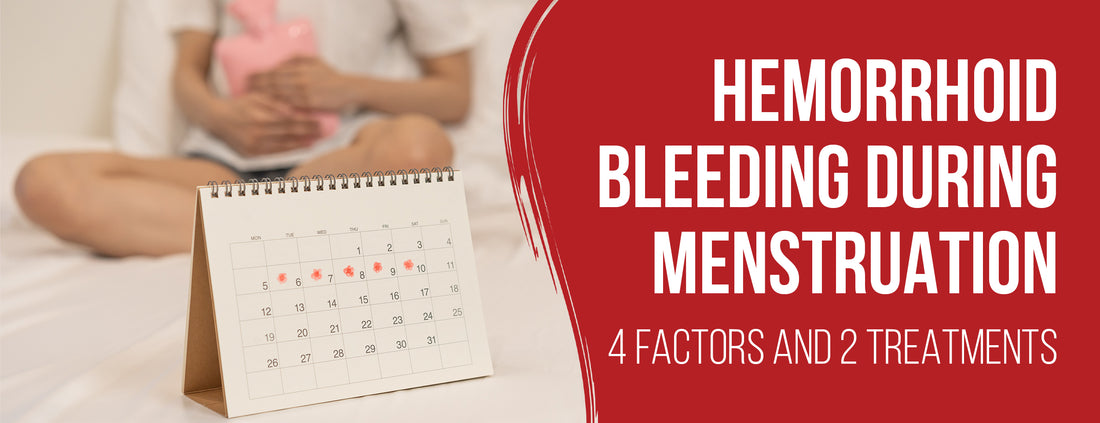



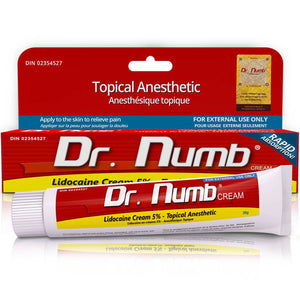
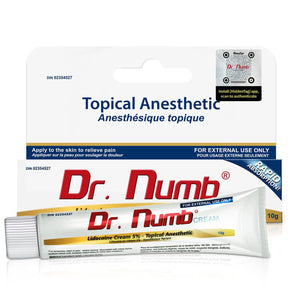
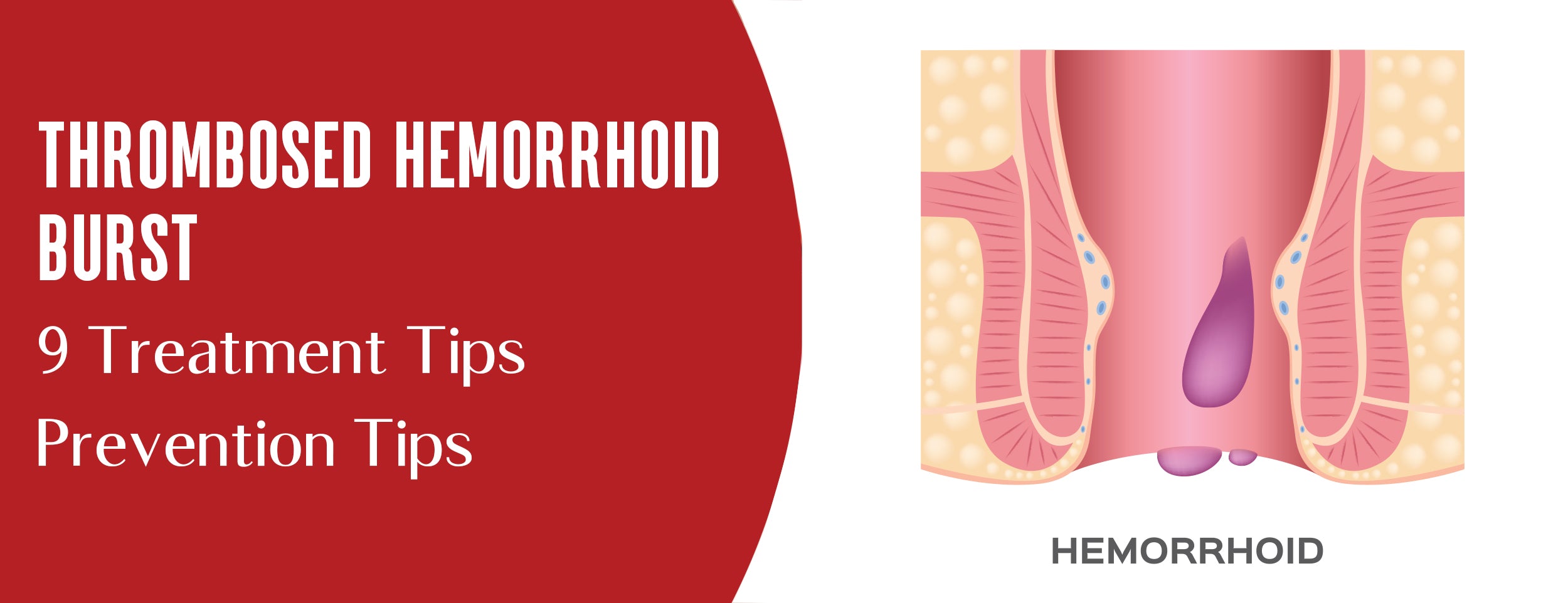
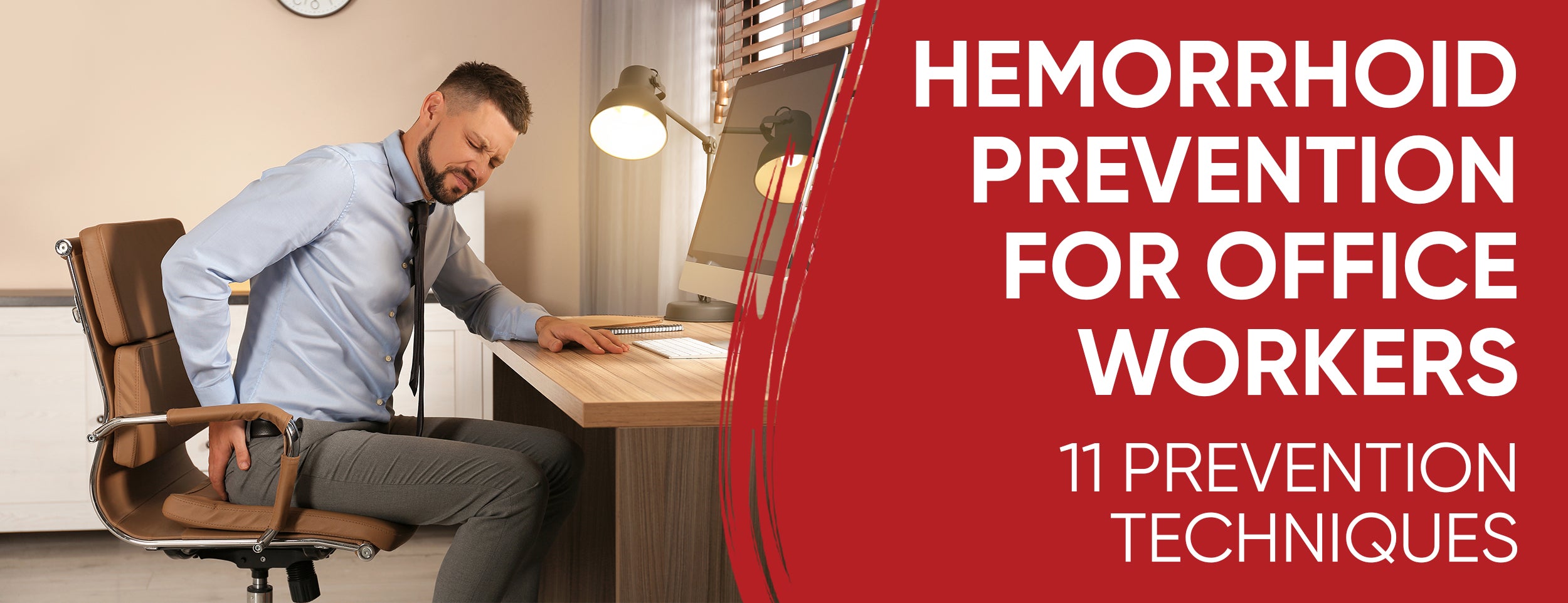
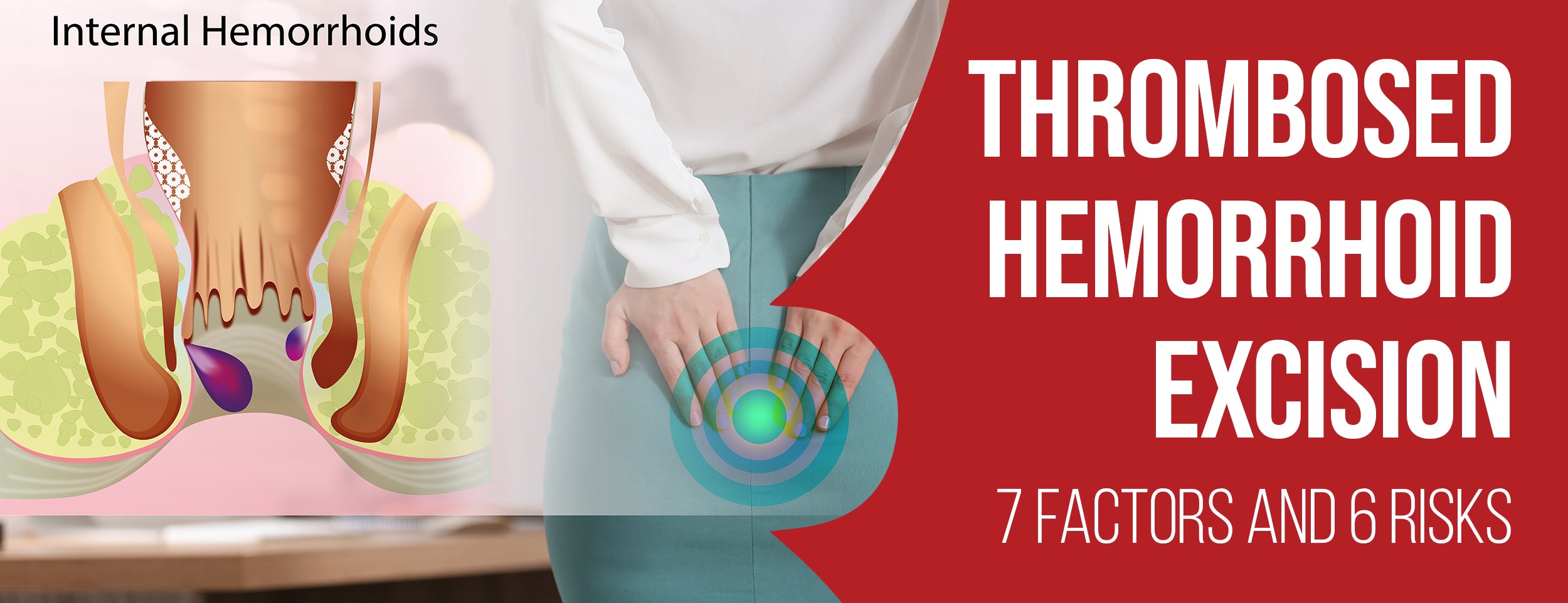
![Precautions & 6 Steps to Draining Thrombosed Hemorrhoids [DIY]](http://drnumb.ca/cdn/shop/articles/Draining_Thrombosed_Hemorrhoid_Yourself__6_Steps_8_DIY_Tips_With_Precautions.jpg?v=1713931775)

